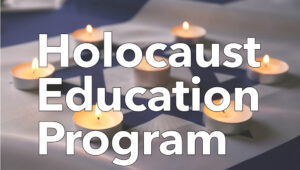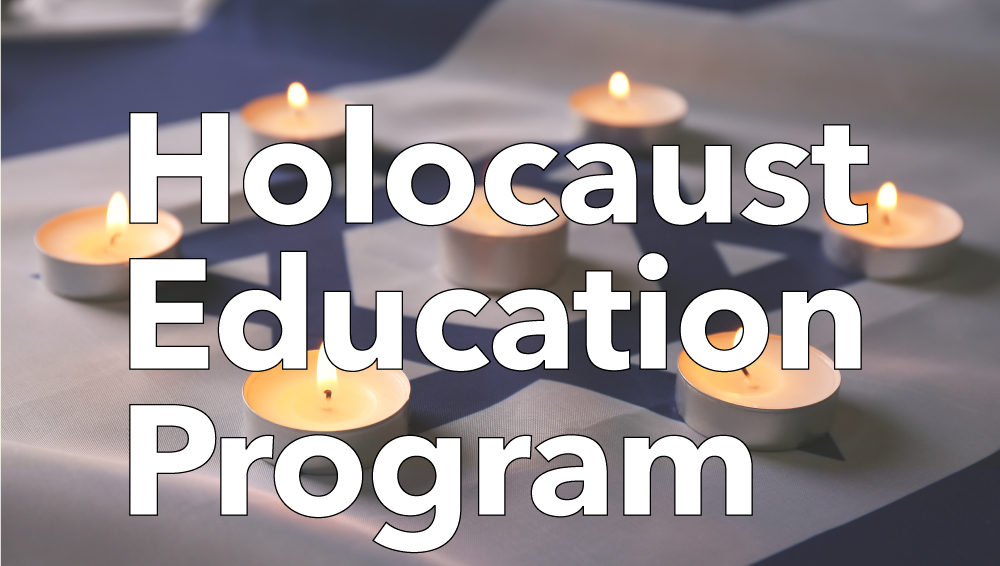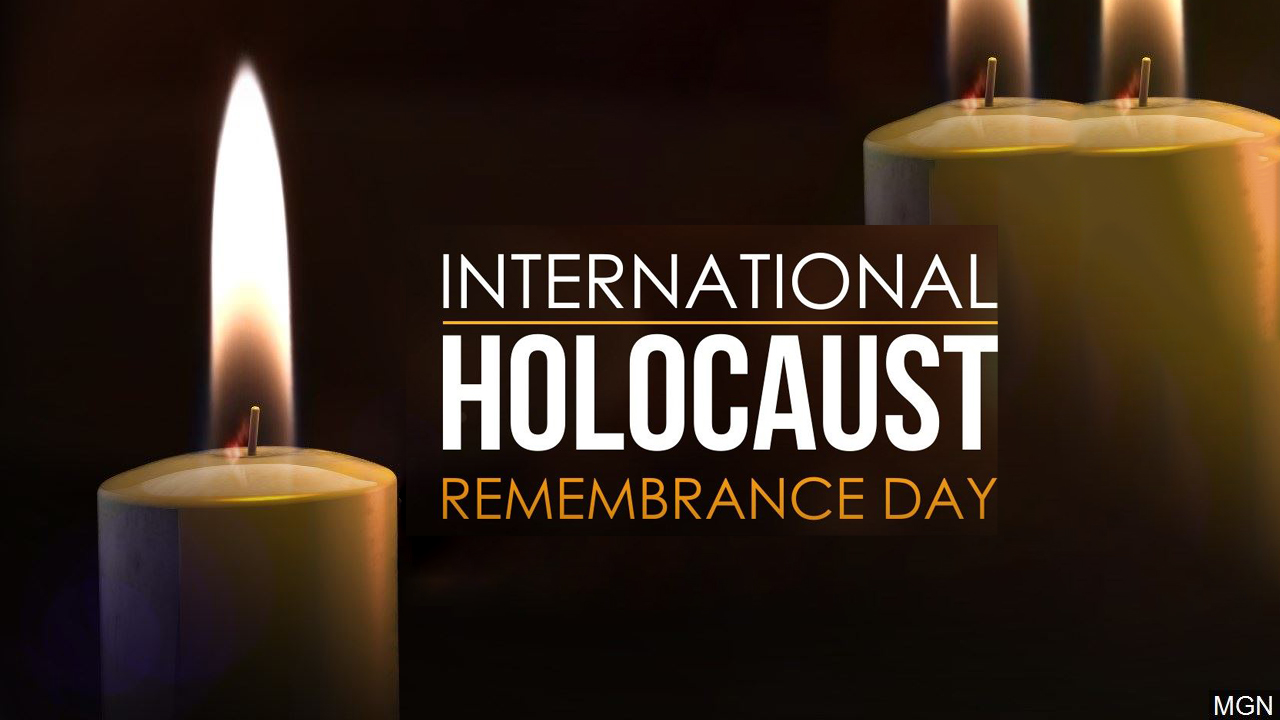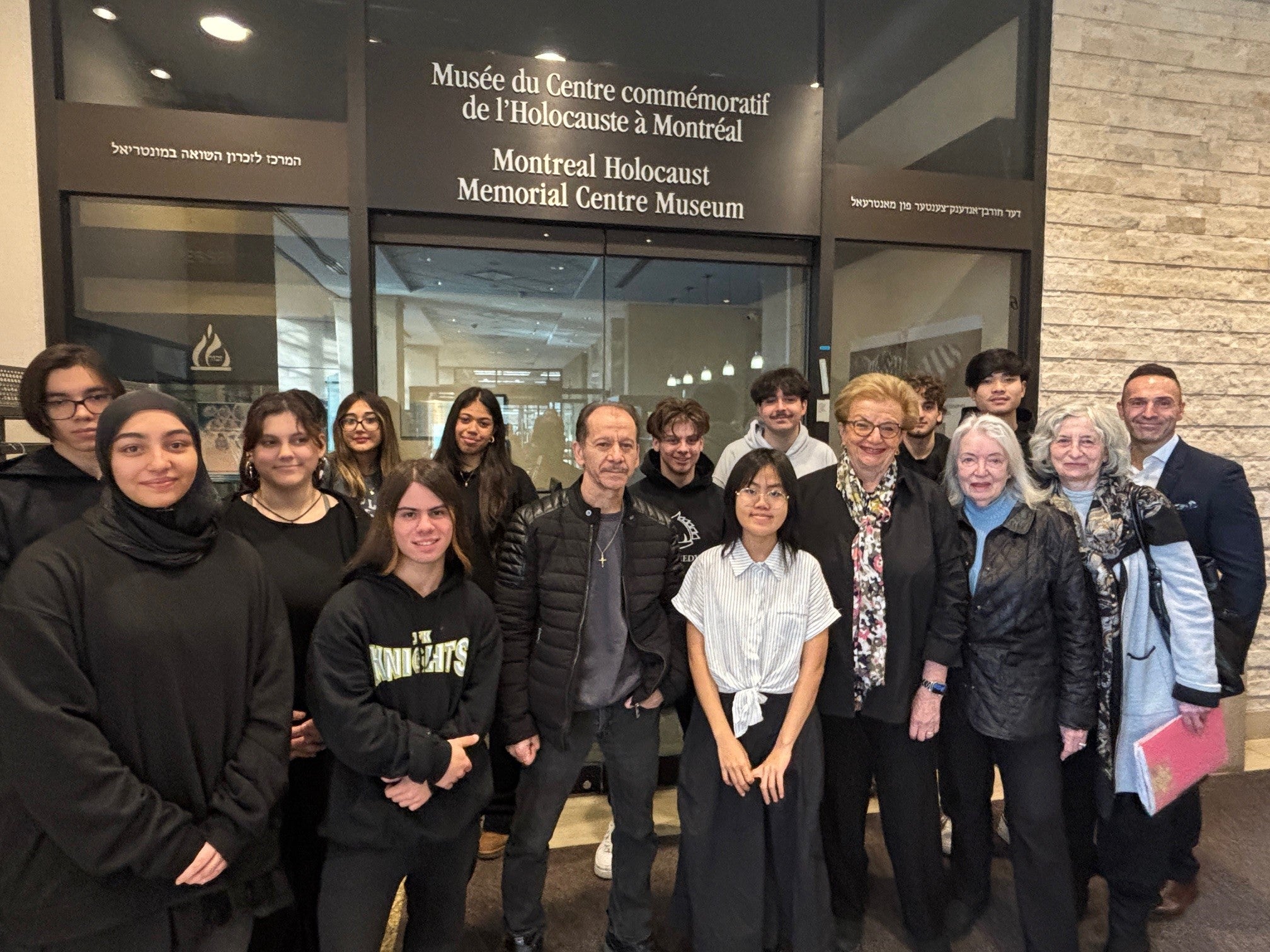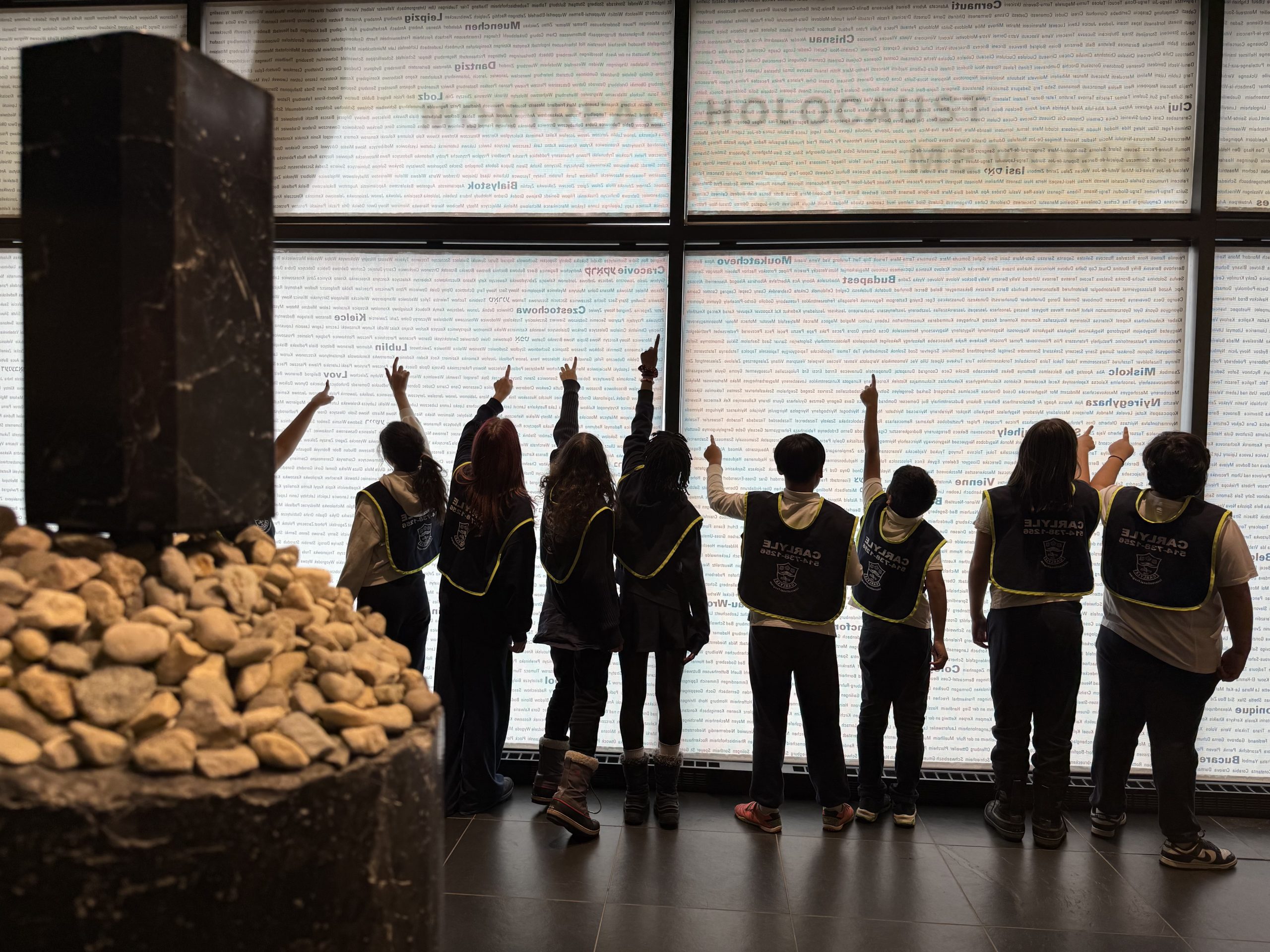Rose Lipszyc 95, is the oldest participant in the Young Again, Never Again campaign, a campaign launched by advocacy group Liberation75, where five Ontario Holocaust survivors tell their stories as their younger selves using artificial intelligence. It’s part of a push to make Holocaust education mandatory for students in Grade 6 and above.
When she was 13 years old, Rose Lipszyc had to leave her mother.
Along with her two brothers and mother, Lipszyc was being forced towards a train station in Poland by Nazi soldiers.
“If not for my mother I wouldn’t be alive today, she was the one that had the strength and the understanding of what was happening,” Lipszyc says. “She knew she was going to her death with my little brother and my older brother.”
Lipszyc, now 95, recalls her mother lagging back and saying that she didn’t think the world had gone mad, and that someone would help her daughter. If she survived, she would survive through her. She then pushed Lipszyc off the road and told her to run.
Lipszyc is the oldest participant in the Young Again, Never Again campaign, a campaign launched by advocacy group Liberation75, where five Ontario Holocaust survivors tell their stories as their younger selves using artificial intelligence. It’s part of a push to make Holocaust education mandatory for students in Grade 6 and above.
“We feel Grade 6 is really a sweet spot,” said Liberation75 founder Marilyn Sinclair. “It’s not too young to integrate these lessons, the kids know about it already. Now we have to contextualize it, we need to explain it to them. We need to teach them what the meaning is, and what happens when hate goes unchecked, and we don’t stand up for each other, because that’s what the stories of the Holocaust teach us.”
The campaign launches May 6, on Yom HaShoah, Holocaust Remembrance Day.
“We’re rolling in the campaign across Canada. With billboards and movie theatre screenings, and ads in papers, and we’re sending special packages to each of the ministers of education,” said Sinclair.
The history of the Holocaust is taught widely in Canada. But not every province has adopted mandatory Holocaust education; it’s possible that some students may miss learning about it if they don’t take certain elective courses or some teachers may shy away from such sensitive subjects.
In 2022, Ontario mandated Holocaust education for Grade 6 students and that will expand to Grade 10 students in the 2025–26 school year.
“By mandating learning on the horrors of the Holocaust, we combat the scourge of antisemitism and denialism, and by doing so we help ensure ‘Never Again’ is our legacy to the next generation,” said Isha Chaudhuri, a spokesperson for the Ontario minister of education, in an email statement.
Since the October 7 Hamas attacks in Israel, most provinces in Canada have moved to mandate Holocaust education; it was already available, but often as components of other social studies or English courses.
Holocaust education in Grade 10 will become mandatory in British Columbia, Saskatchewan and New Brunswick in 2025. In Nova Scotia, Holocaust education is already mandatory for Grade 8 students.
Manitoba, which offers Holocaust education in multiple elective courses across various grades, announced in the 2023 Speech from the Throne that it would mandate Holocaust education.
Alberta, which is in the midst of developing a new social studies curriculum, will also mandate the subject. (It’s already a component of a Grade 11 study of ultranationalism, but provincial Education Minister Demetrios Nicolaides says the province is still working to determine “when and where students will learn about the Holocaust in future grades 7 to 12 social studies curriculums.”)
Quebec, in September 2023, rebuffed attempts by Jewish groups to have Holocaust education mandated. But the subject is taught in three courses in high school, the province said. (Prince Edward Island and Newfoundland and Labrador did not respond to National Post’s queries about the state of provincial Holocaust education and whether it was mandatory.)
A 2021 survey of students across North America, done by Liberation75, found that 42 per cent of students had witnessed an antisemitic event. The polling also found that 93 per cent of Ontario students said they wish to learn more about the Holocaust.
“I say never again, and I mean never again,” said Lipszyc. “For Grade 6 you have to be very careful when you educate them, because they are very young. You can talk to them about love for other people — because if we’re going to hate nothing is going to happen. Love is the only thing, if we can try and find a way. Because I don’t hate anybody.”
Andy Réti is another of the five survivors featured in the campaign. Réti has been travelling to schools as a speaker for 25 years.
The purpose of Holocaust education is to eliminate hatred and to ensure it never happens again, Réti said.
“And what’s going on in the world today sadly, is a repeat of it beginning to happen again, the hate is spreading worldwide.”
He emphasized that each speaking engagement and discussion in his career has been different, but the one lesson he works to drive home is that “love is stronger than hate.”
“It certainly is very interesting. I have not seen the end product yet. I’m really anxious to see it. But you’ve got to move with the times, and if this is a teaching tool and it will become popular then I am all for it,” said Réti on the use of AI in the campaign.
